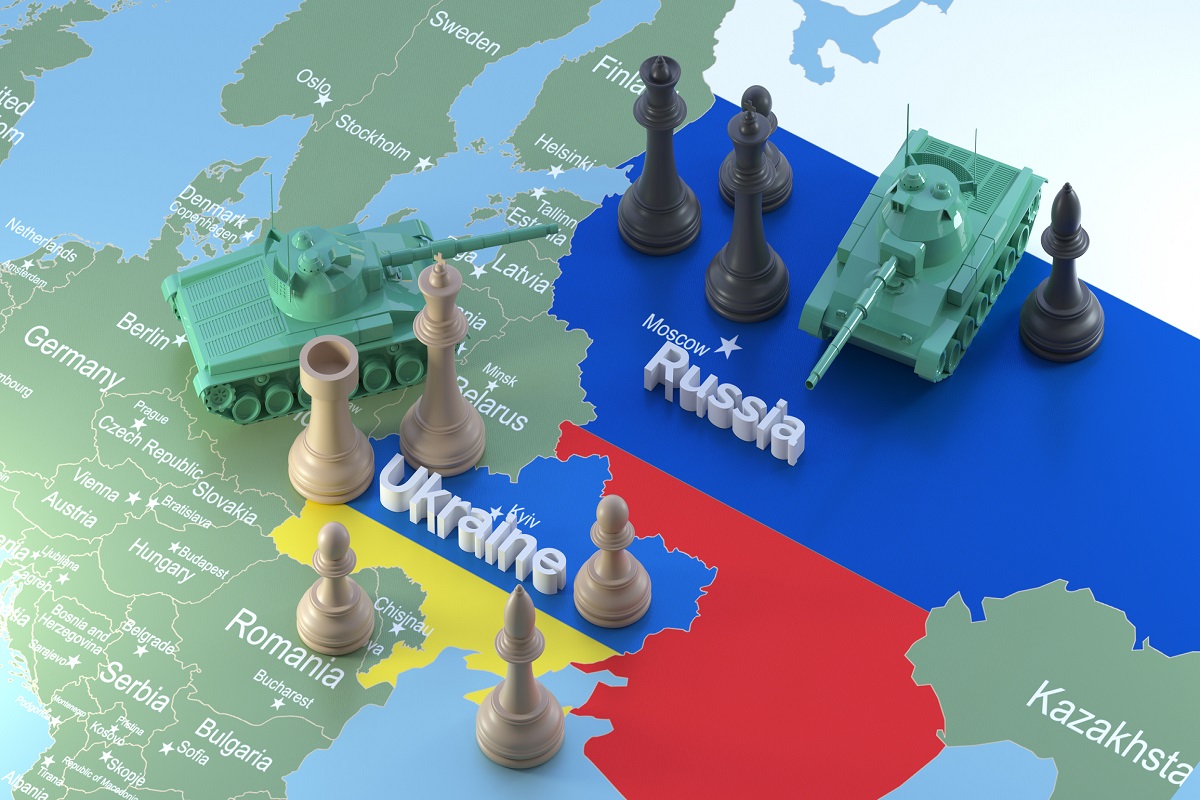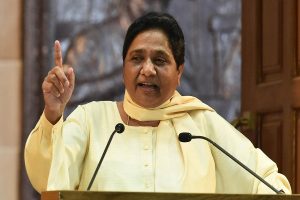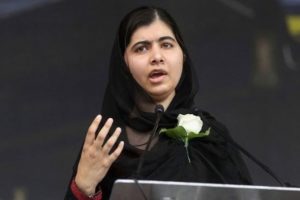Negotiations between delegations of Russia and Ukraine in the Gomel Region of Belarus have ended and the second round of talks will be held on the Belarusian-Polish border in a few days.
The Head of the Russian delegation Vladimir Medinsky said after talks with Ukraine that “the next round of talks will be held on the Belarusian-Polish border,” Sputnik reported. The delegations of Russia and Ukraine will reach their capitals for consultations before the second round is held, said Ukrainian presidential advisor Mykhailo Podolyak.
Advertisement
Russia and Ukraine identified some priority topics on which they have outlined certain decisions, adviser to the head of Ukrainian President Volodymyr Zelenskyy’s office said after the talks.
Zelenskyy’s aide said Russia and Ukraine discussed possibly holding the second round of talks as soon as possible.
Head of Russian delegation after talks said “we found issues where we can expect to agree.”
The Russian delegation was headed by presidential aide Vladimir Medinsky. Earlier, Volodymyr Zelenskyy’s office said the key “issue of the negotiations is an immediate ceasefire and the withdrawal of troops from the territory of Ukraine,” reported Sputnik.
Before its military action in Ukraine, Russia had on February 24 recognized the independence of Ukraine’s breakaway regions. The Western countries have imposed tough sanctions on Russia.
Kyiv had on Sunday agreed to meet with a Russian delegation in Belarus. The Security Council on the same day voted to call for an emergency special session of the 193-member UN General Assembly on Russia’s military operation in Ukraine.
The measure for convening the General Assembly session was adopted by 11 votes in favour, with Russia voting against, and China, India, and the United Arab Emirates abstaining.
The request for the UN General Assembly to urgently convene a meeting comes after Russia vetoed on Friday a US-led draft Security Council resolution on Russia.
Since the text acted on Sunday was procedural, none of the five permanent Council members could use their vetoes. The measure needed just nine votes in favour to pass.
Only 10 such emergency special sessions of the General Assembly have been convened since 1950, following the adoption of resolution 377A(V), widely known as “Uniting for Peace.”











